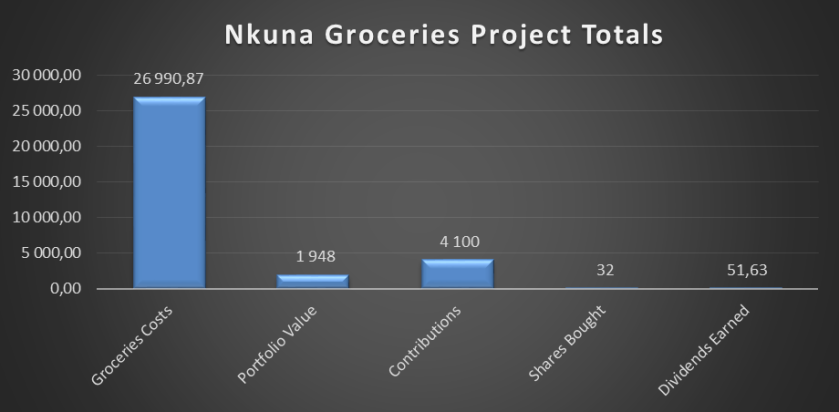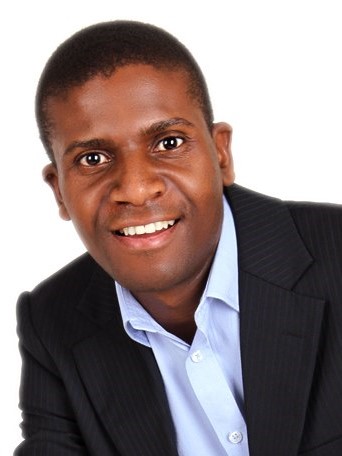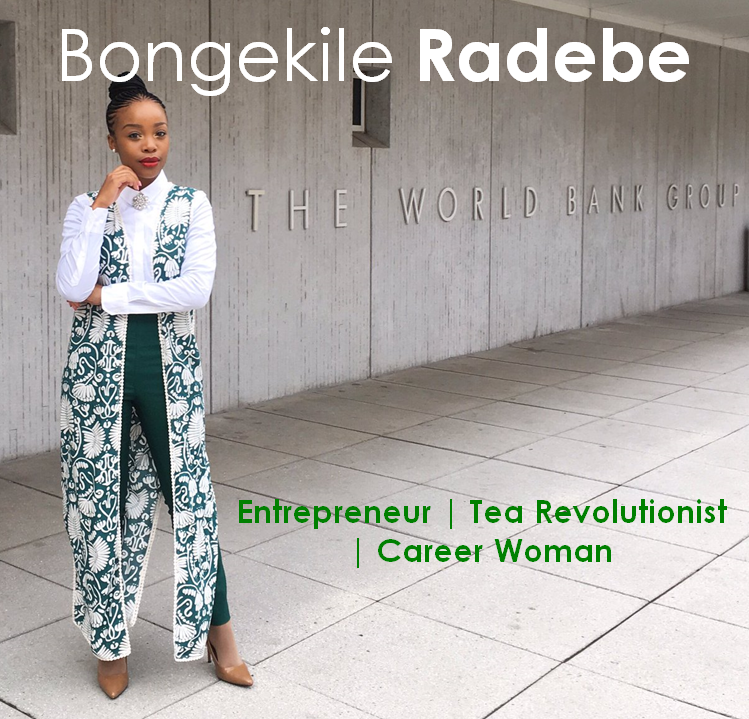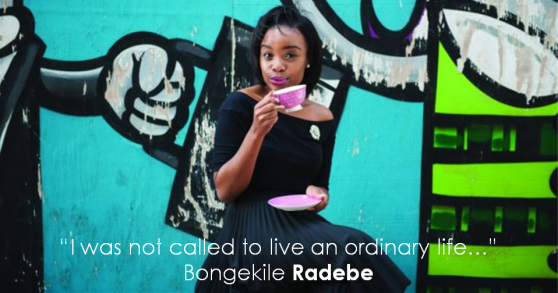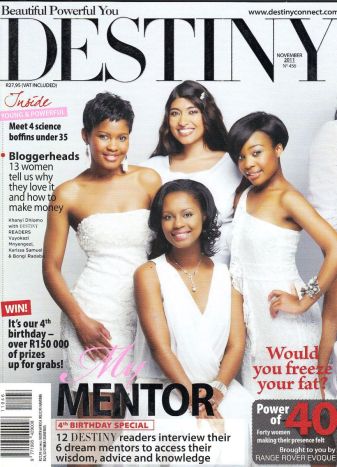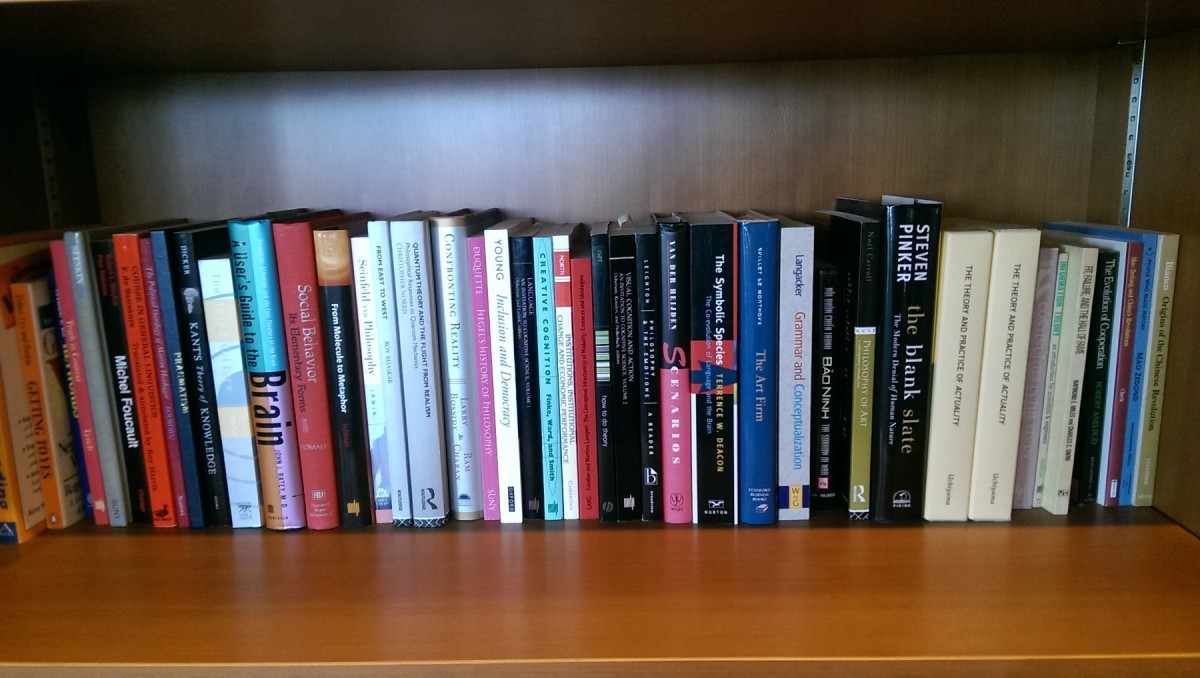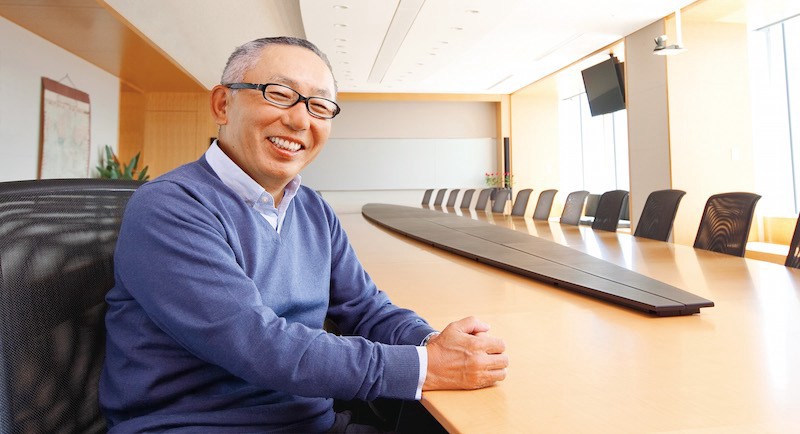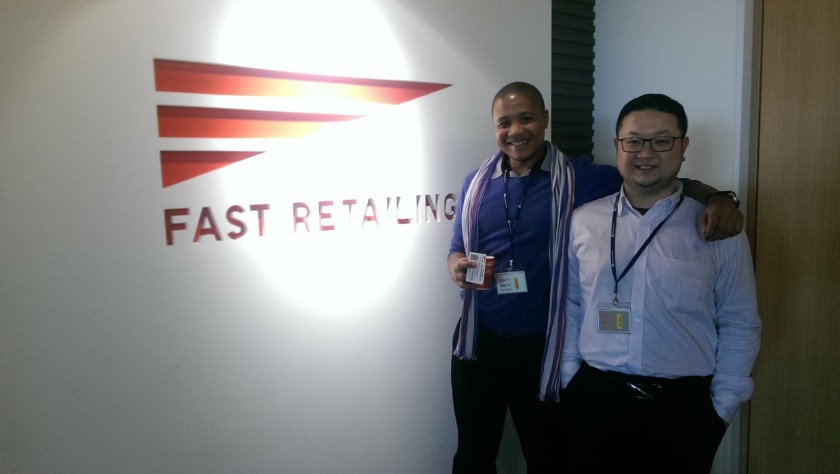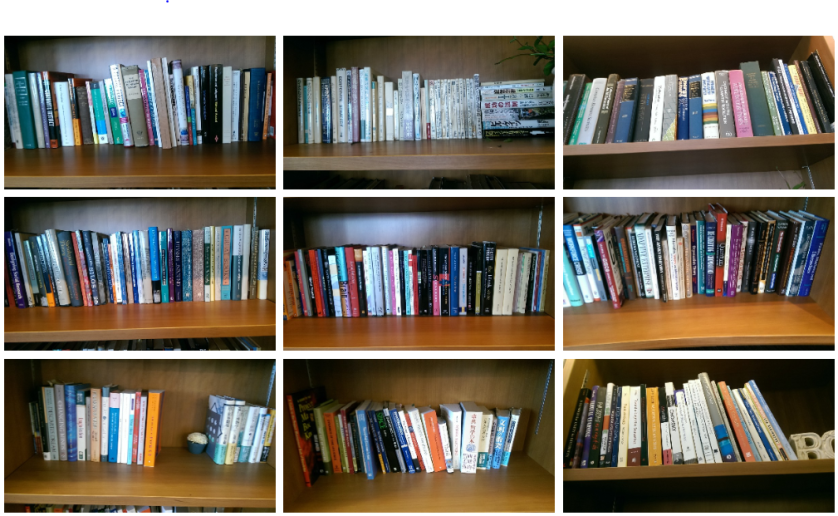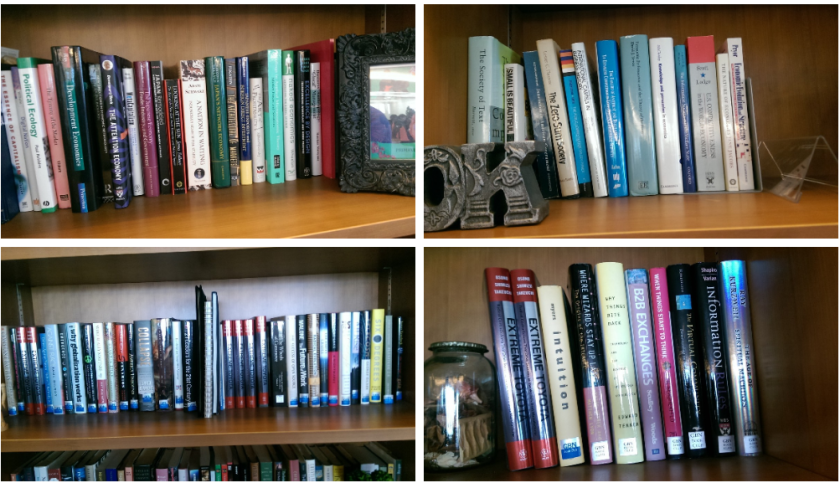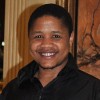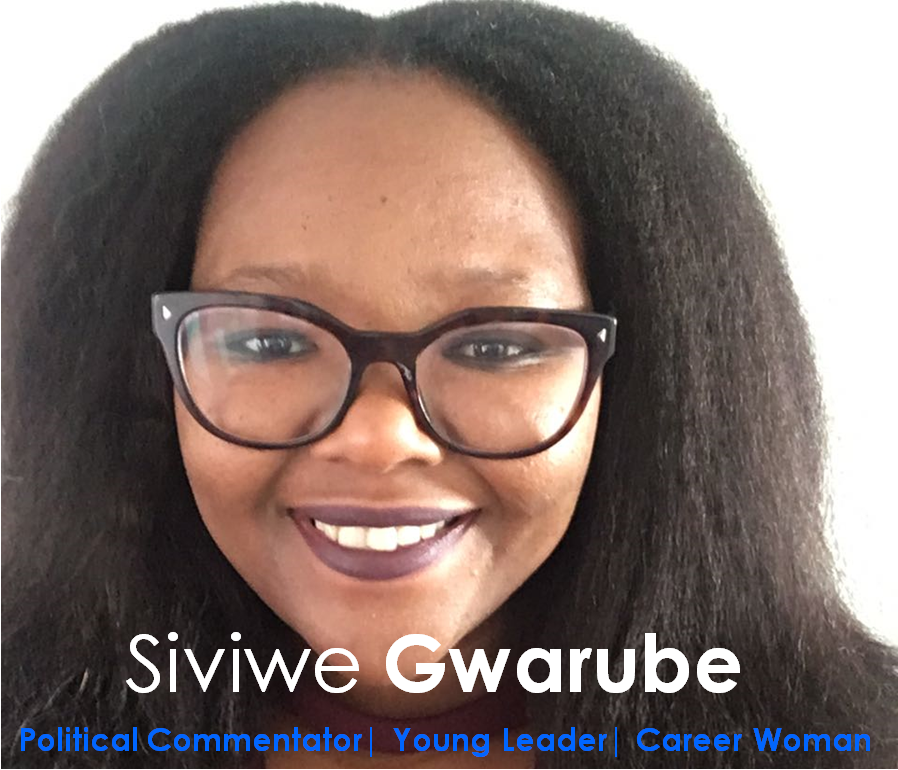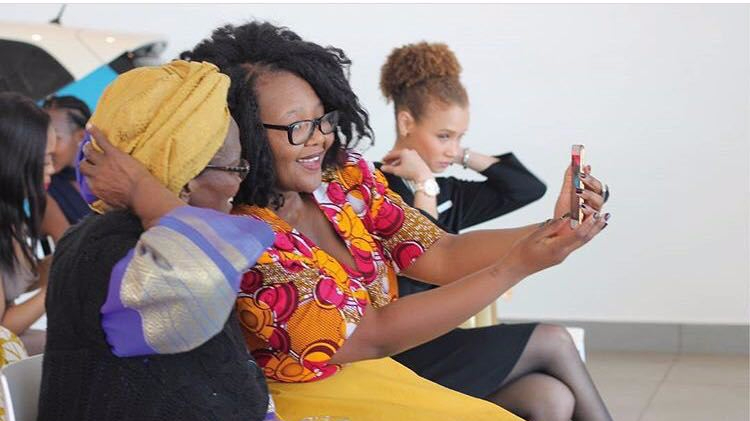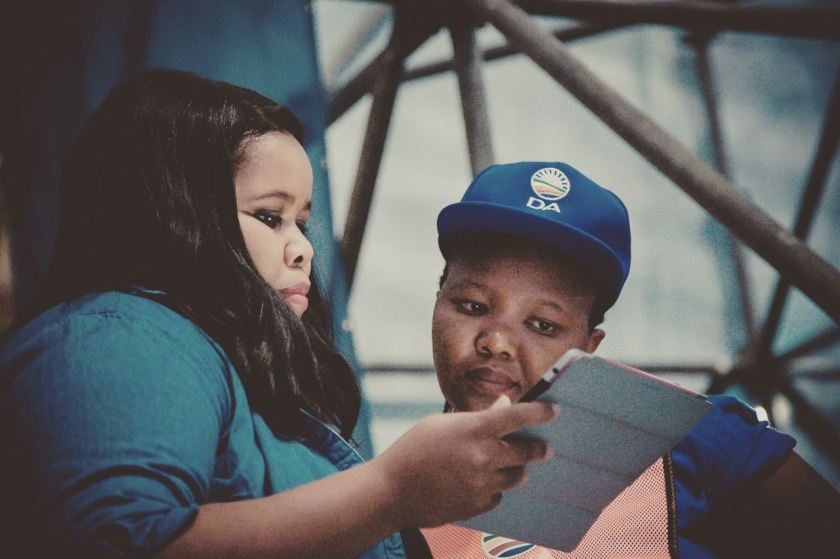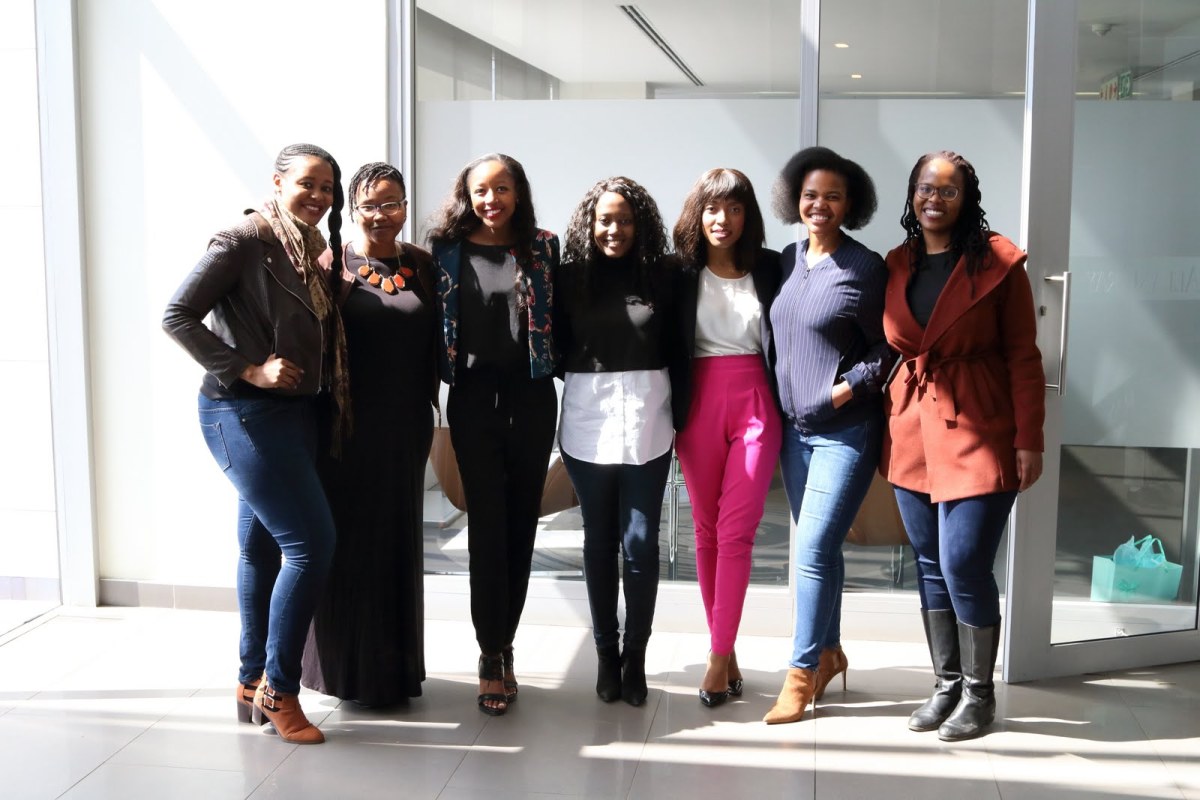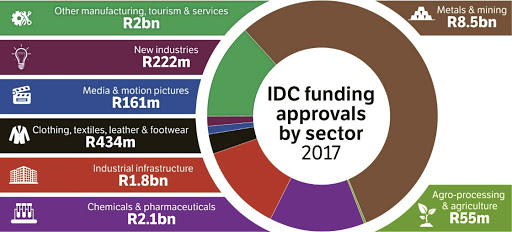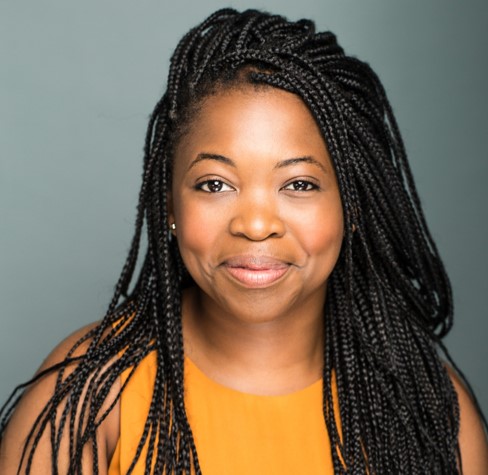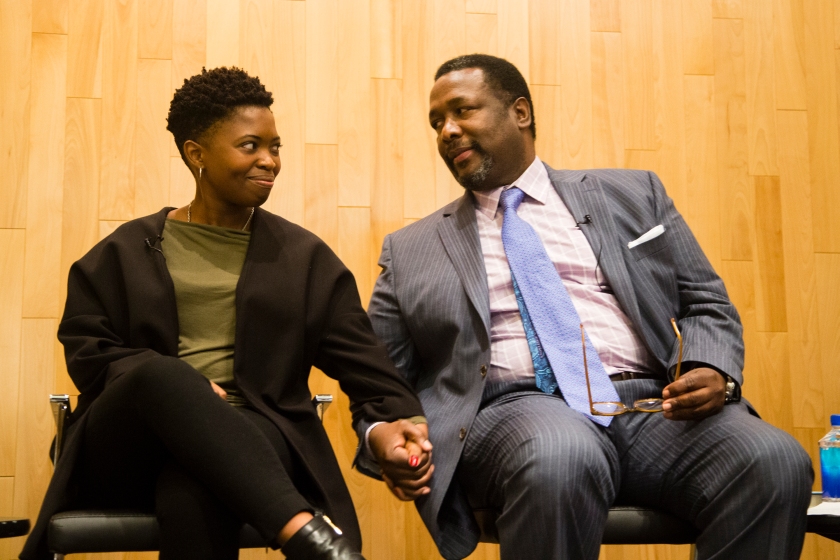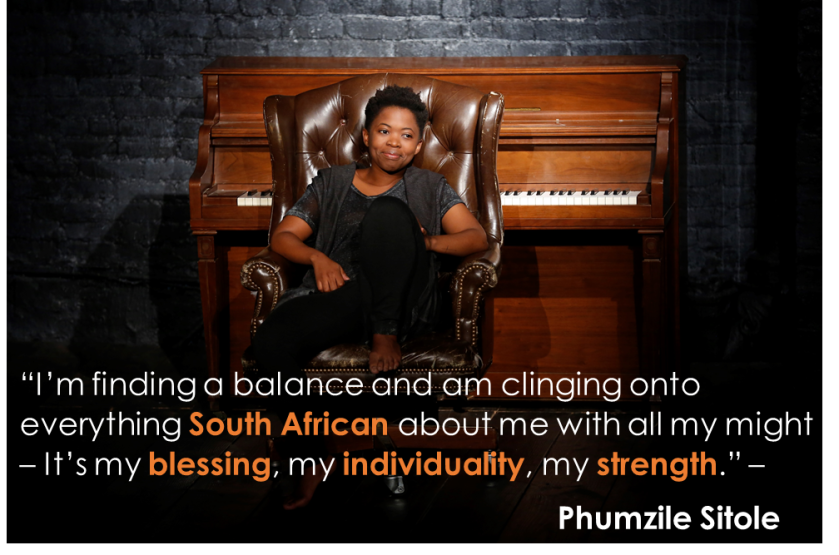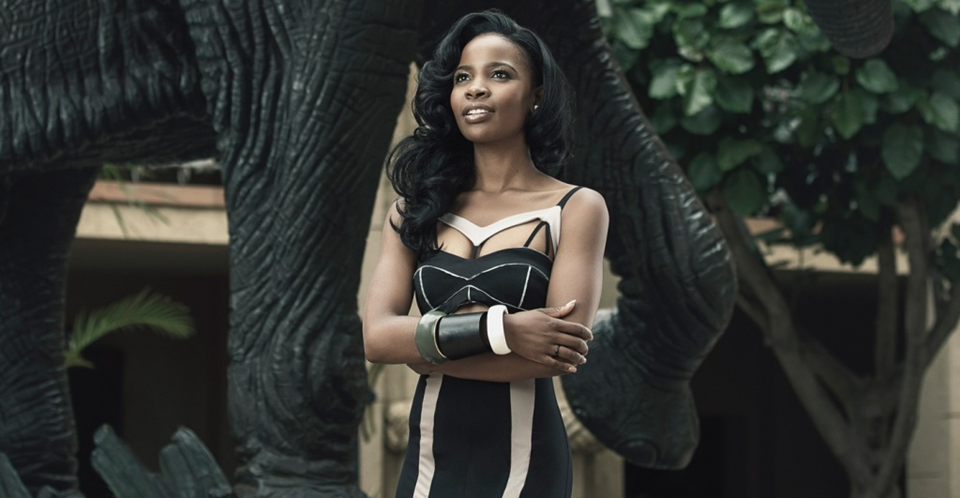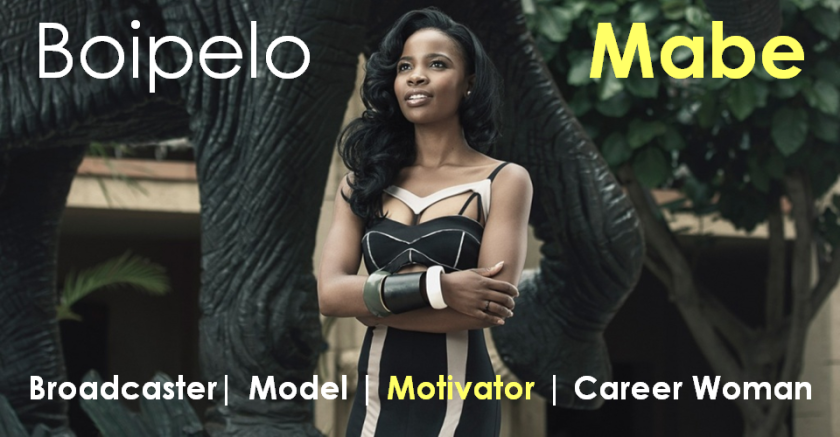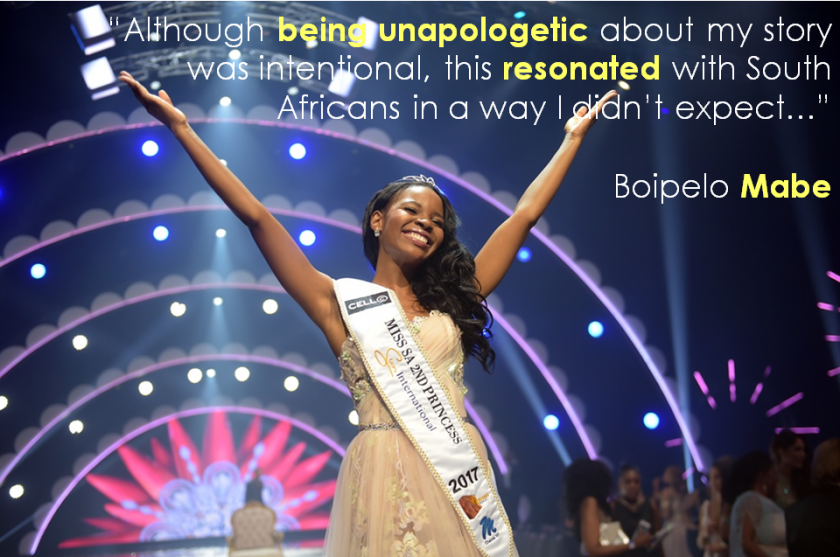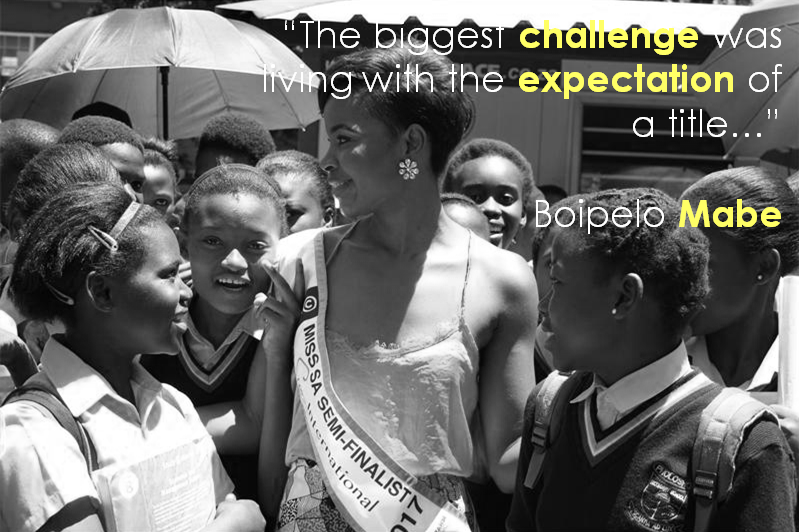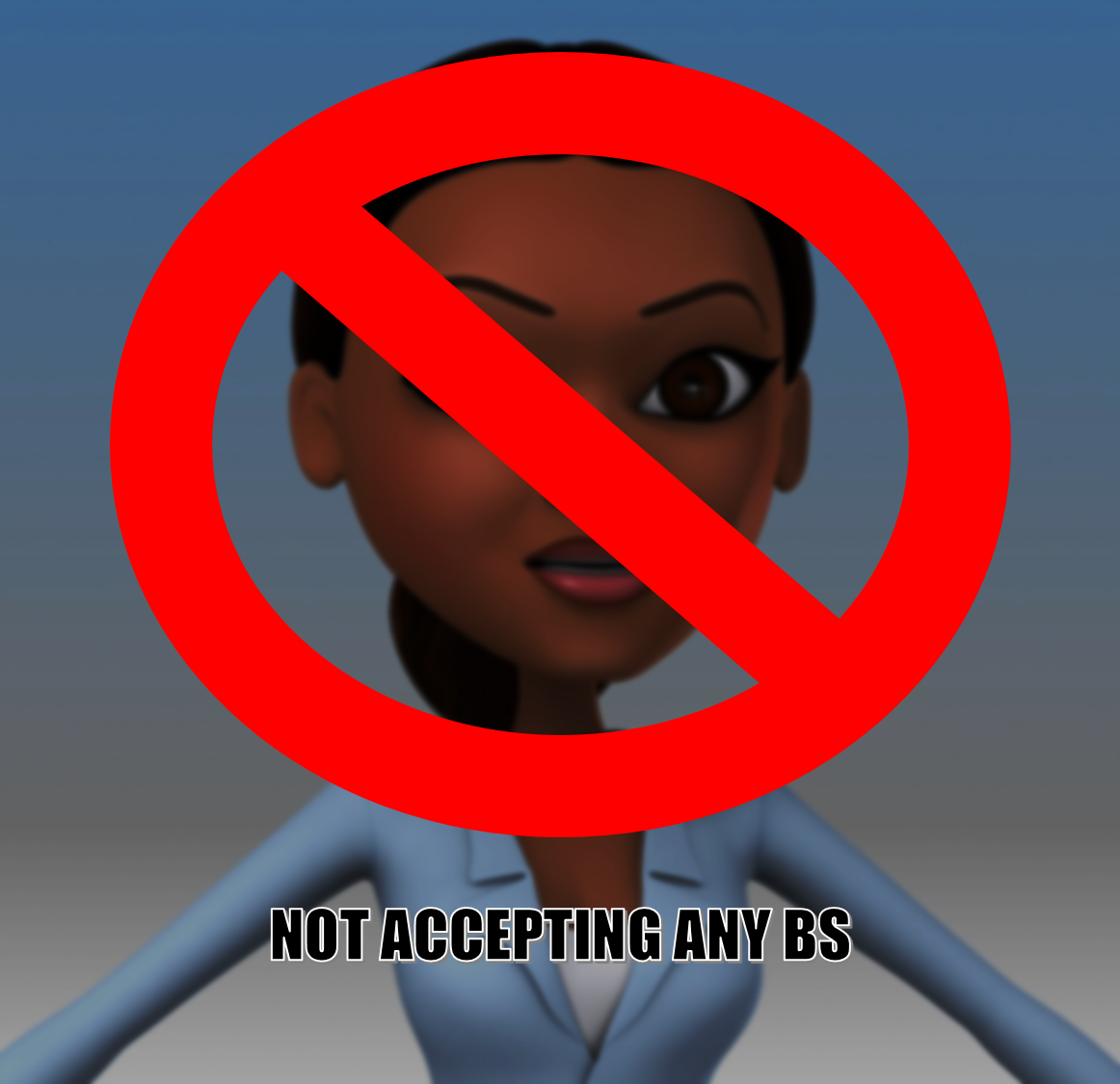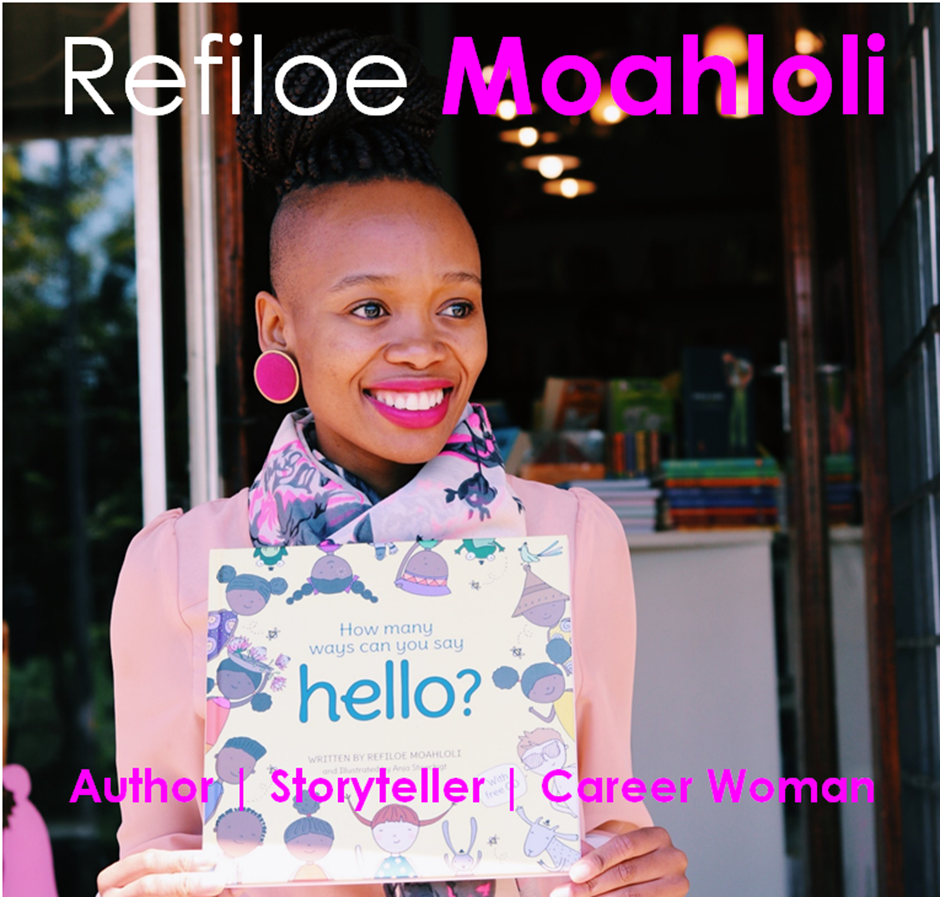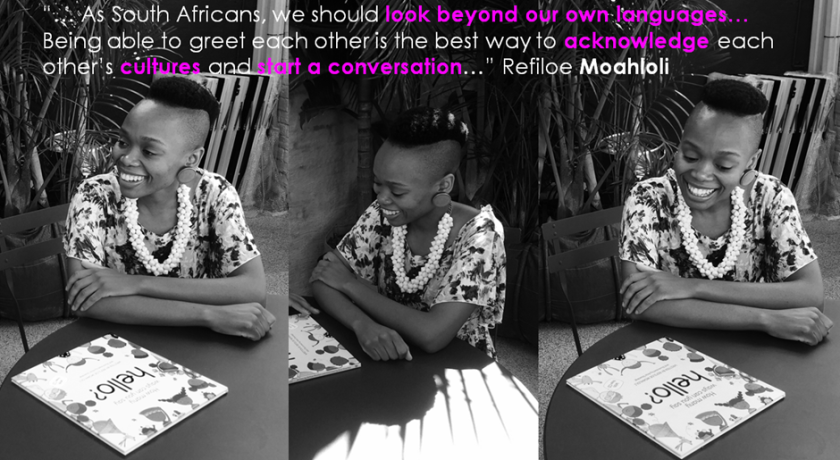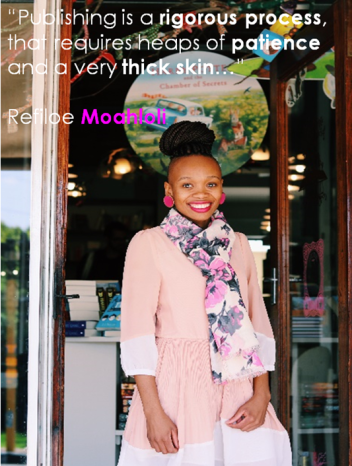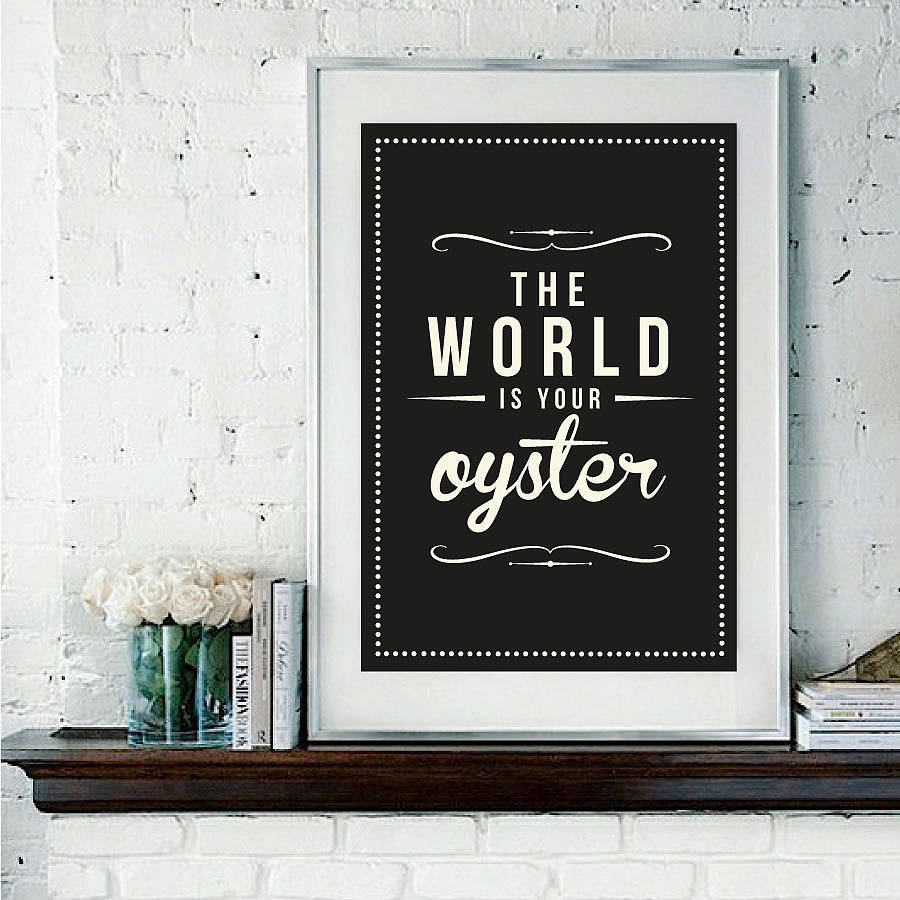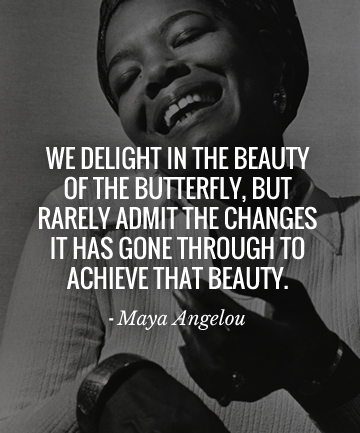Over the past few years, I have had a few friends ask me how it feels to be a double minority in a majority white male dominated industry …and only now that I’ve taken time off to do my masters can I truly reflect on it. Not because I’ve never felt like the other or thought about it…Not because I’ve never sat in a boardroom and seen 14 white male faces stare back at me while I go on about some nuanced selling point of their company… but rather because I have felt like the other for a very long time and I’ve learnt that, perhaps, that is my superpower and not Achilles heel. 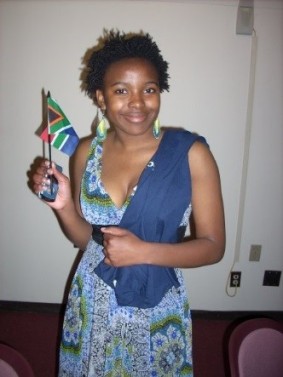
Being lucky enough to win a scholarship to a prestigious high school in Canada at a very young age and then going to a University that was perhaps 90% white, being a minority has been part and parcel of my growing up. Then being assimilated to a culture that is so far removed, firstly went to ensure I appreciated my own but also made me aware at a young age of how there are so many divides that we must bridge when we show up at 8am at the office (or rather 9am in my situation because I probably left the office at 4am). So how does it feel to live most of your life in a world far different from your parents and how does it feel to navigate a career in investment banking as a black woman when you have no people to emulate? The below describes some of the most influential and poignant points that helped me navigate the industry as a young adult coming out of University…
I believe I was very lucky that when I first started working I was surrounded by confident and able professionals who were generally well respected within the industry. Investment Banking, and specifically Mergers and Acquisitions, is not and has never been for the faint hearted. I think it is painted in the light of wall street backstabbers, non-stop travelling and 20-hour days. 2 out of 3 of those were true for me when I first started. Post the initial teething of joining a new team, I was surrounded with some of the most competent and intelligent people I have ever had the pleasure of working with. They were concerned about my growth, both professionally and personally. That gave me the confidence to attack most things head on.
If something went wrong my first answer was not, “it’s because I’m a woman or it’s because I’m black, right?” (You would be surprised how many times I’ve heard this in Boardrooms). And I’m not saying that often not being promoted or not being first choice for a project has anything to do with this but being able to articulate that you think this is why something has happened despite your contributions is very important.
The first specific thing that I could somewhat control which helped me when I was starting out was having an ally who was concerned about my growth within the business. In general, this is always important regardless of who you are, having mentors is crucial in most corporates, having someone who will always have your professional growth in mind heavily influences your career progression. I think as women, especially minority women, we always think that person will be a minority woman if they exist in the business, but it often is not. It certainly was not for me. My biggest ally was my European boss who more than once, gave a client a dressing down because he referred to my age at a meeting or when someone else referred to me being the only woman at a Board meeting. I have unfortunately found that minority women have a hard time supporting each other. Our generation is a lot better at it, but I found that more senior minority women tend to believe that they made it the difficult way when they were the only ones without any support and you should do it that way. Whilst I appreciate the sentiment, I truly believe that in 2018 it is important to pay it forward as much as you can. That said, I have received some of the best career advice from other strong black women in the industry, namely Phuthi Mahanyele, who I never worked with but met at various events.
Secondly, there is nothing more important than ensuring you are extremely competent in your work, I think that is how I got over the infamous impostor syndrome. I constantly went above and beyond what was required of me. I did more research than was required, I ran more scenarios than were necessary because I always wanted to be prepared. Because I always felt confident about the work, I never second guessed myself.
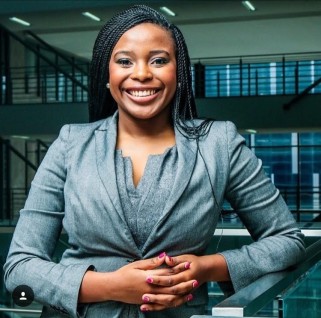 If you have a fair boss, that is all they require, that you think of the questions they have not thought of and that both of you are never caught off-guard by a client. I think in general as a minority in any industry, the impostor syndrome rings too true because you do not have anyone to speak to who has a similar background to you; till this day I am pretty sure neither of my parents really know what I do! But I can’t emphasise enough how important it is to be super confident in your work, it often alleviates a lot of unnecessary pressure.
If you have a fair boss, that is all they require, that you think of the questions they have not thought of and that both of you are never caught off-guard by a client. I think in general as a minority in any industry, the impostor syndrome rings too true because you do not have anyone to speak to who has a similar background to you; till this day I am pretty sure neither of my parents really know what I do! But I can’t emphasise enough how important it is to be super confident in your work, it often alleviates a lot of unnecessary pressure.
Thirdly, always ask for what you think you deserve. I’m not even sure if it’s black culture or being a female that initially made me not forthcoming in what I wanted, be it a promotion or a salary increase. One of the first things companies will always do when you quit is offer you more money, which is telling of the fact that they probably thought they were underpaying you. In my second year, an analyst on my level nonchalantly commented that he had a conversation with one of our managers about a salary increase. I was so flabbergasted. “Did I not deserve this salary increase? I worked the same ridiculous hours as the guy sitting next to me? I probably needed this money more because of black tax. Was my work product not as good as his?”. I kept wracking my brain for something this Jewish white male had done exceptionally well lately, that I had not. I was working on a project with said manager at the time and post one of our meetings I broached the subject. Turns out my fellow analyst brought up the conversation because a friend of his doing something similar in another bank was making slightly more than him and he wanted this rectified. Honestly, I would not have known where to start comparing salaries with someone, but this was a good lesson for me in knowing my worth and asking for my just deserves.
Do not get me wrong, I do think there will always be unconscious bias till we get corporates to look like the rest of what South Africa is. But ensuring that we hire the most able young professionals regardless of the colour of their skin and sex is growing in corporates and it is our duty as minorities to advocate for this as it makes business sense.

Representation = Business Sense. Till this becomes a norm unfortunately most females or other minorities will have feelings of feeling like the other. The only way I know to deal with this is being as much of an ally as I possibly can and attempting to provide the support I wish I had when I was starting out.
So in earnest, paying the double tax will never be favourable and I tip my hat to the people who have done it before me, but it gets easier with time as more people realise how important it is to grow the circle and be supportive.
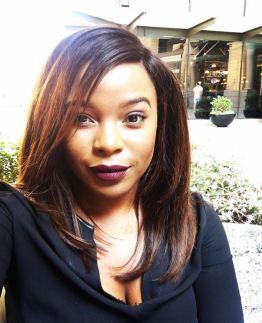
Buhle Ndlovu
MBA Candidate 2017- 2018
Co-Chair Oxford Business Network Africa
Saïd Business School
University of Oxford
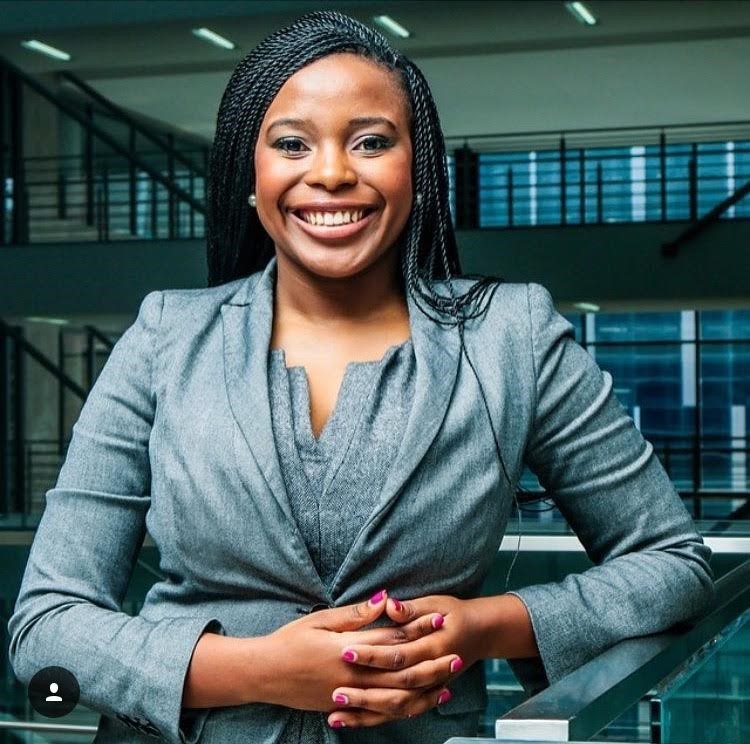
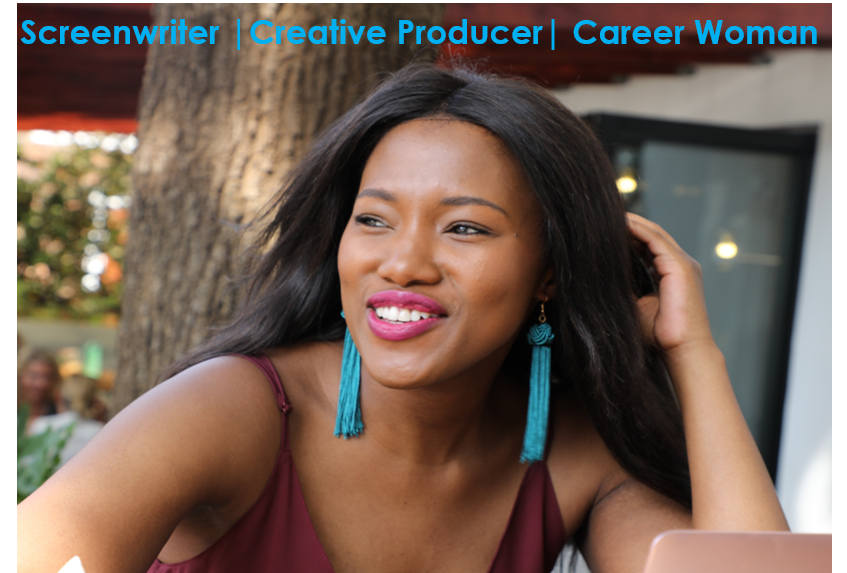

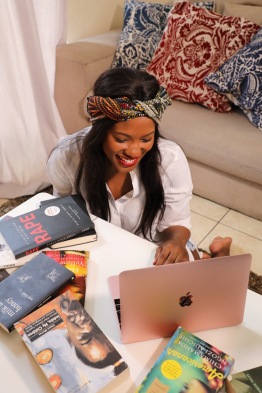

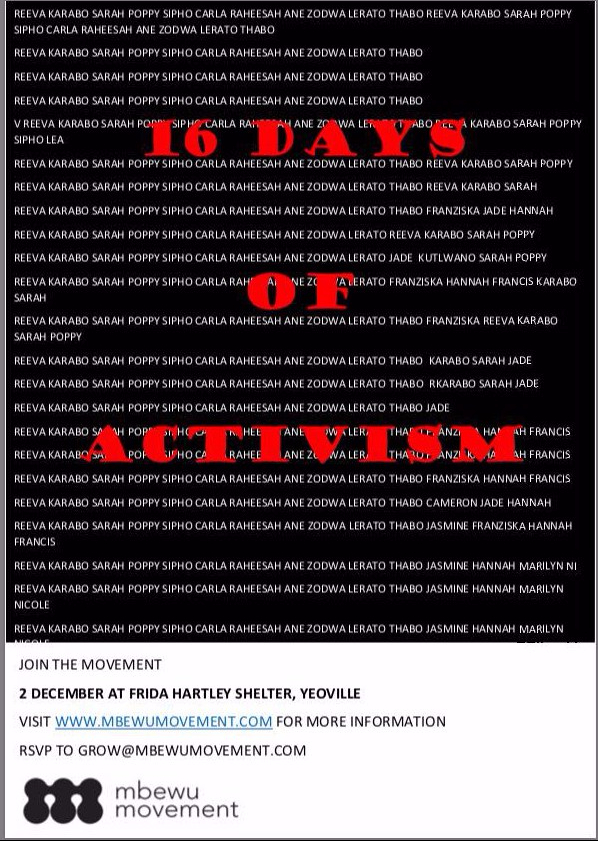

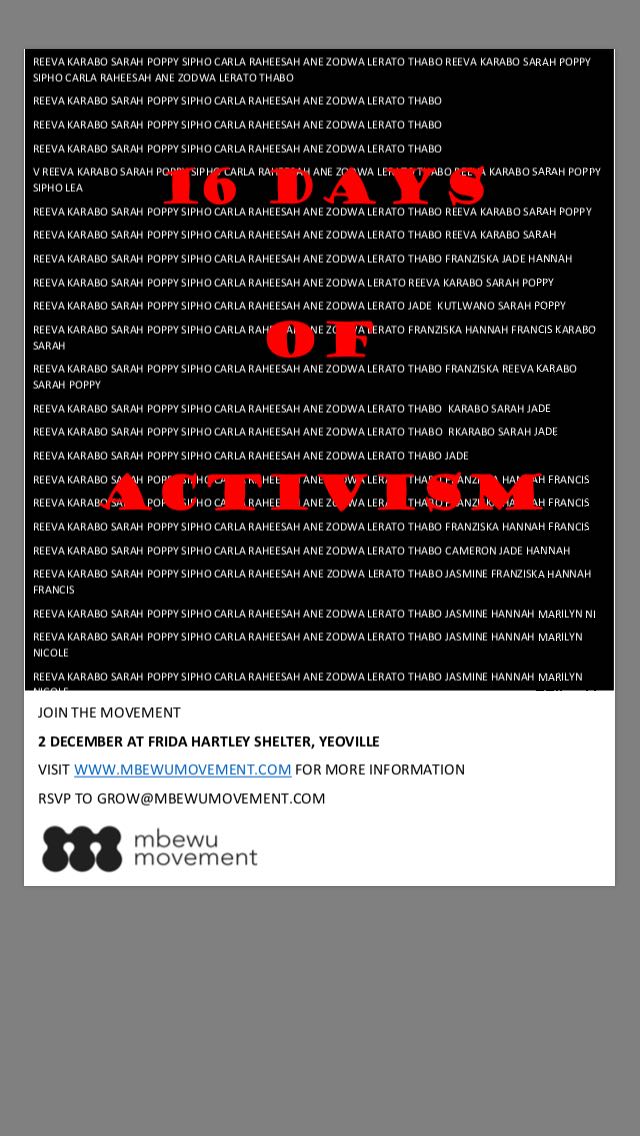
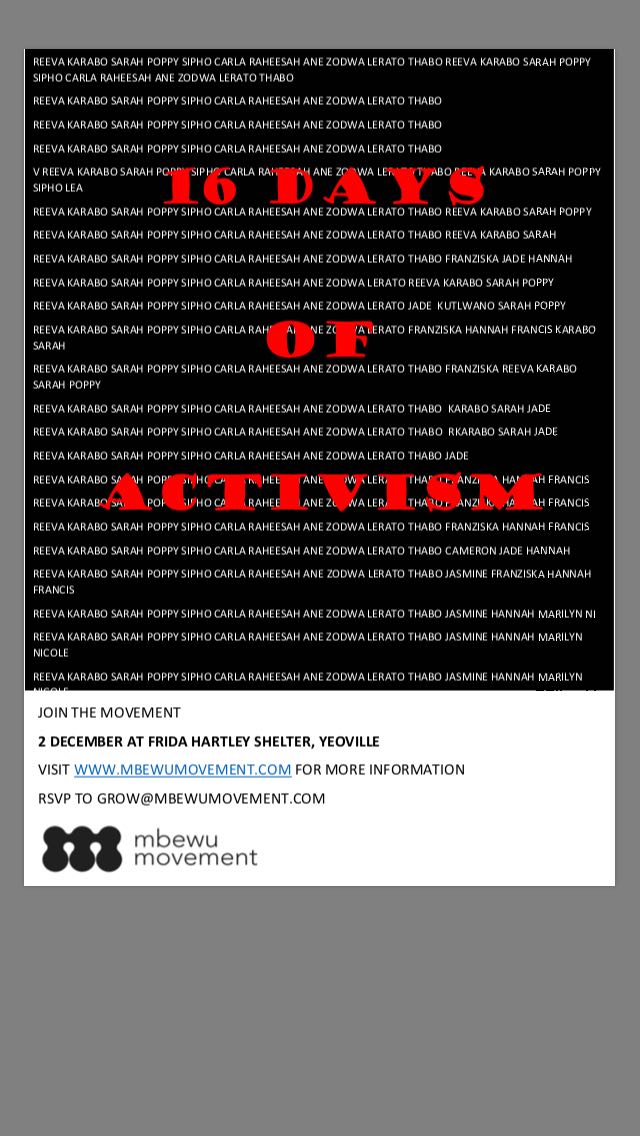
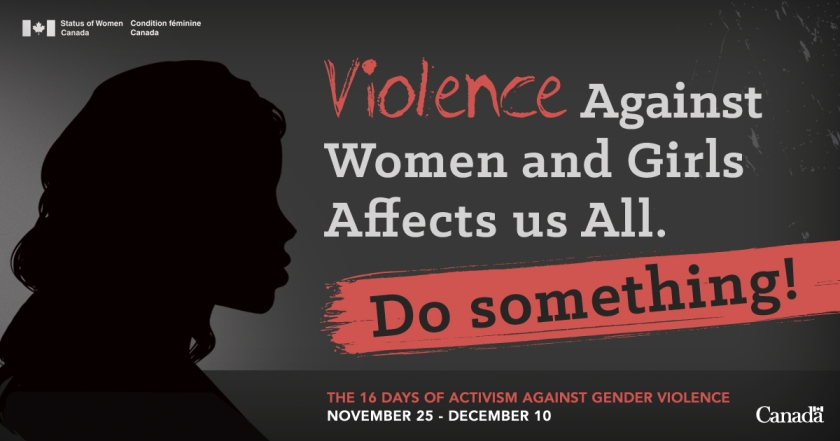


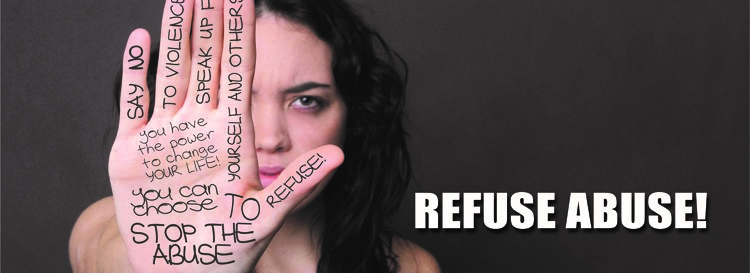

![instasquare_2017101713034126[1]](https://mbewu.files.wordpress.com/2017/11/instasquare_20171017130341261.jpg?w=151&h=151)


